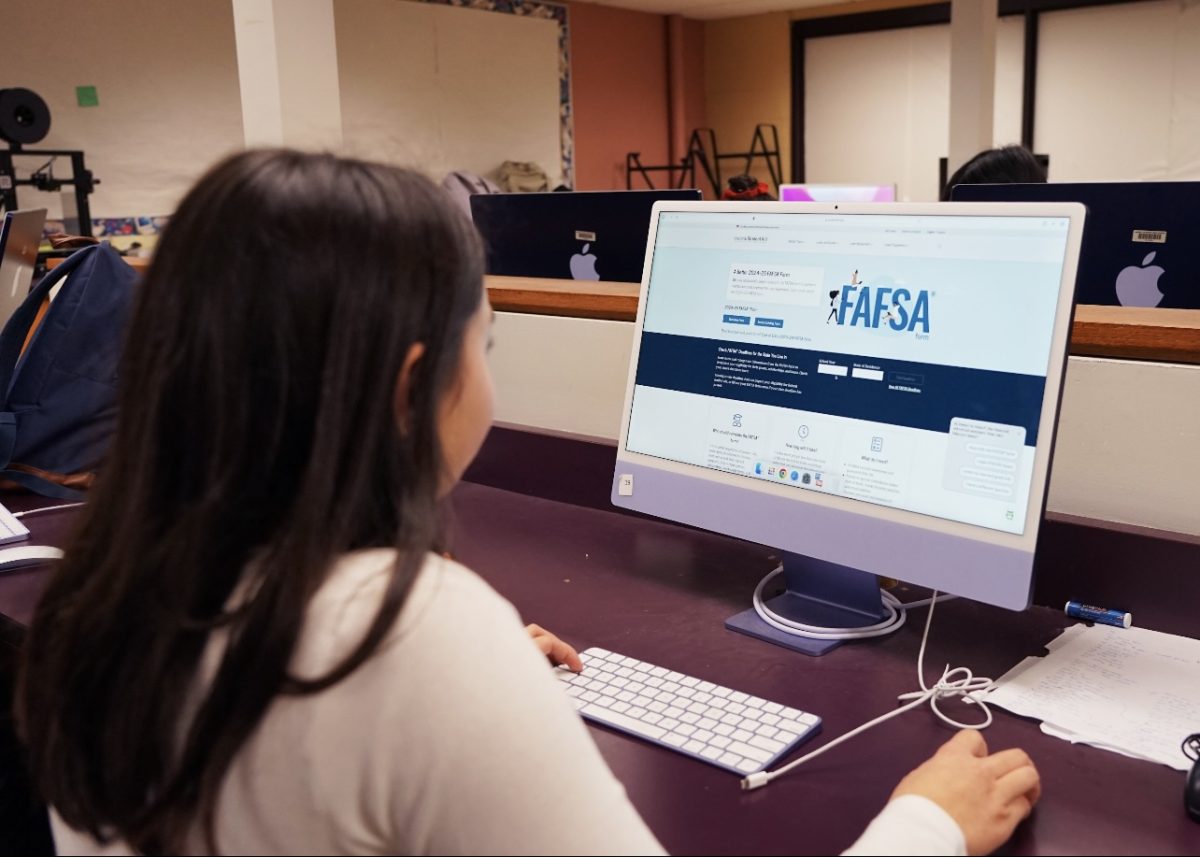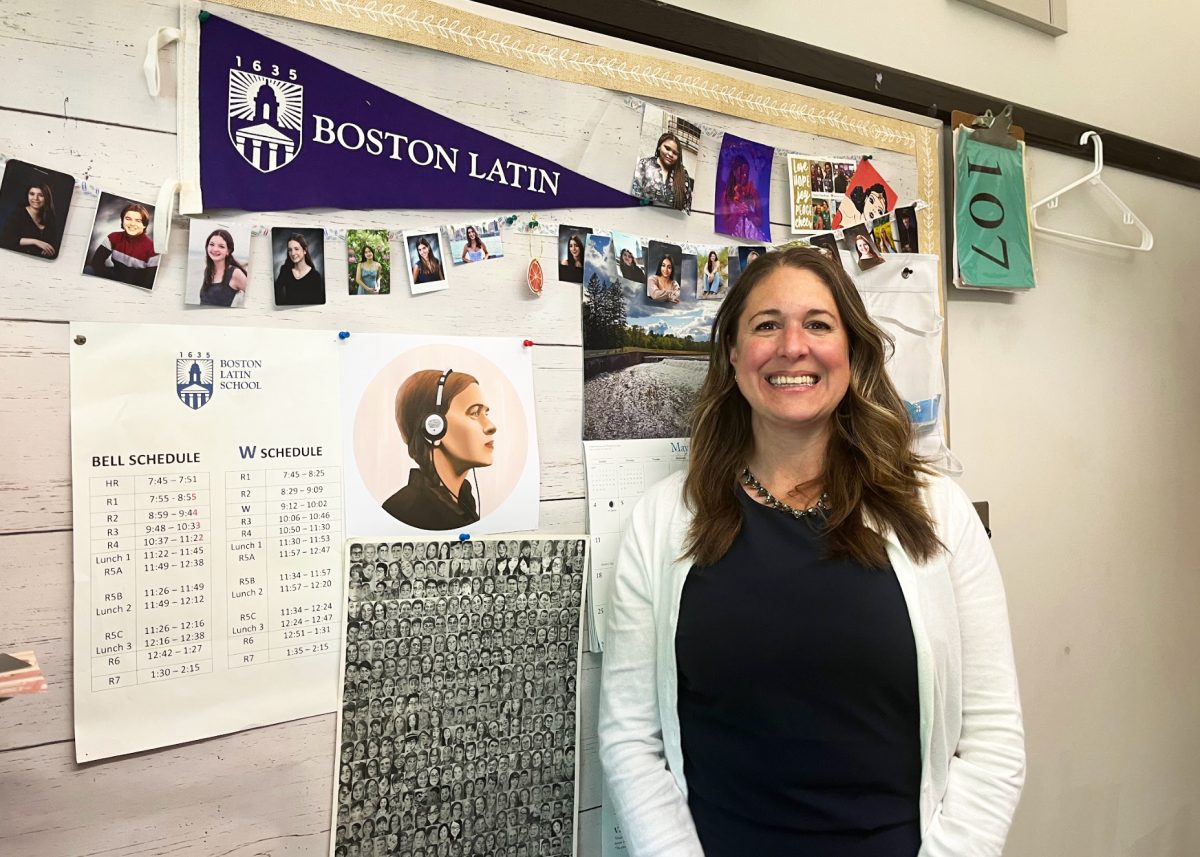The new simplified Free Application for Federal Student Aid (FAFSA) form was released late for the 2024-2025 academic year, causing difficulties for seniors and other graduates applying for financial aid for college.
The FAFSA is a government-run application for need-based federal aid in the form of grants, loans and work-study jobs to help students cover costs of college or higher education.
In the past several years, applications opened on October 1 and typically took around an hour or more to fill out. For this year’s students, however, the form opened on December 31 due to a streamlined redesign. Christina Nguyen (I) states that the new version “definitely takes a lot less time.”
The new system also calculates aid differently. Boston Latin School College and Career Advisor Ms. Marissa Kanakry explains, “With this simplification, 78 percent of students will have a lowered Student Aid Index (SAI). Having a lower SAI means there is more potential for more money to be awarded to the student. So around 80 percent of students will get awarded more money.”
These new changes, however, require major upheavals to the backend technology of the online form, resulting in constant maintenance and major bugs. Constant site crashes make this issue even more problematic for students working on the application.
These technical difficulties are due to legal issues. BLS Schawbel College Resource Center Director Ms. Chloe Sigillito explains, “Releasing it on New Year’s Eve, even if it wasn’t fully ready yet, was the last legally allowed date. [It] was rolled out before all bugs could be fixed.”
When the FAFSA was finally released, the U.S. Department of Education implemented a “soft launch” system. The site periodically switches between available and unavailable to allow for more maintenance and updates. Some people also have to wait in an online waiting room before accessing the application in order to control the volume of site visitors and prevent malfunctions.
There have been worries surrounding the delay because it may impact the number of students completing the FAFSA form, affecting students’ financial aid eligibility and dissuading students from attending college due to the cost. According to Forbes, “Advocates have also been pushing states and colleges to extend their financial aid priority deadlines to ensure that students are not unfairly penalized by the FAFSA opening delay.”
For some seniors, the delay was a source of worry. Jialin Chen (I) shares, “The uncertainty of not knowing the release date made it feel like a waiting game, [which] added unnecessary stress. That was my [biggest] issue with it — that you’re waiting and waiting and waiting.”
Despite the initial technical difficulties, the simplified FAFSA has the potential to make the financial aid process easier for prospective students. With fewer questions and the option to link tax information from the IRS directly, the time it takes to fill out the forms and potential for errors is minimized. Ms. Kanakry concludes, “All future [seniors] will benefit from this better FAFSA year over year. The long-term benefits are going to be worth it.”
Students are welcome to meet with Ms. Sigillito and Ms. Kanakry in the Schawbel Center to guide them through any challenges. The Junior Forum and Financial Aid Night events also provide juniors with information regarding financial aid, applications and scholarships.







